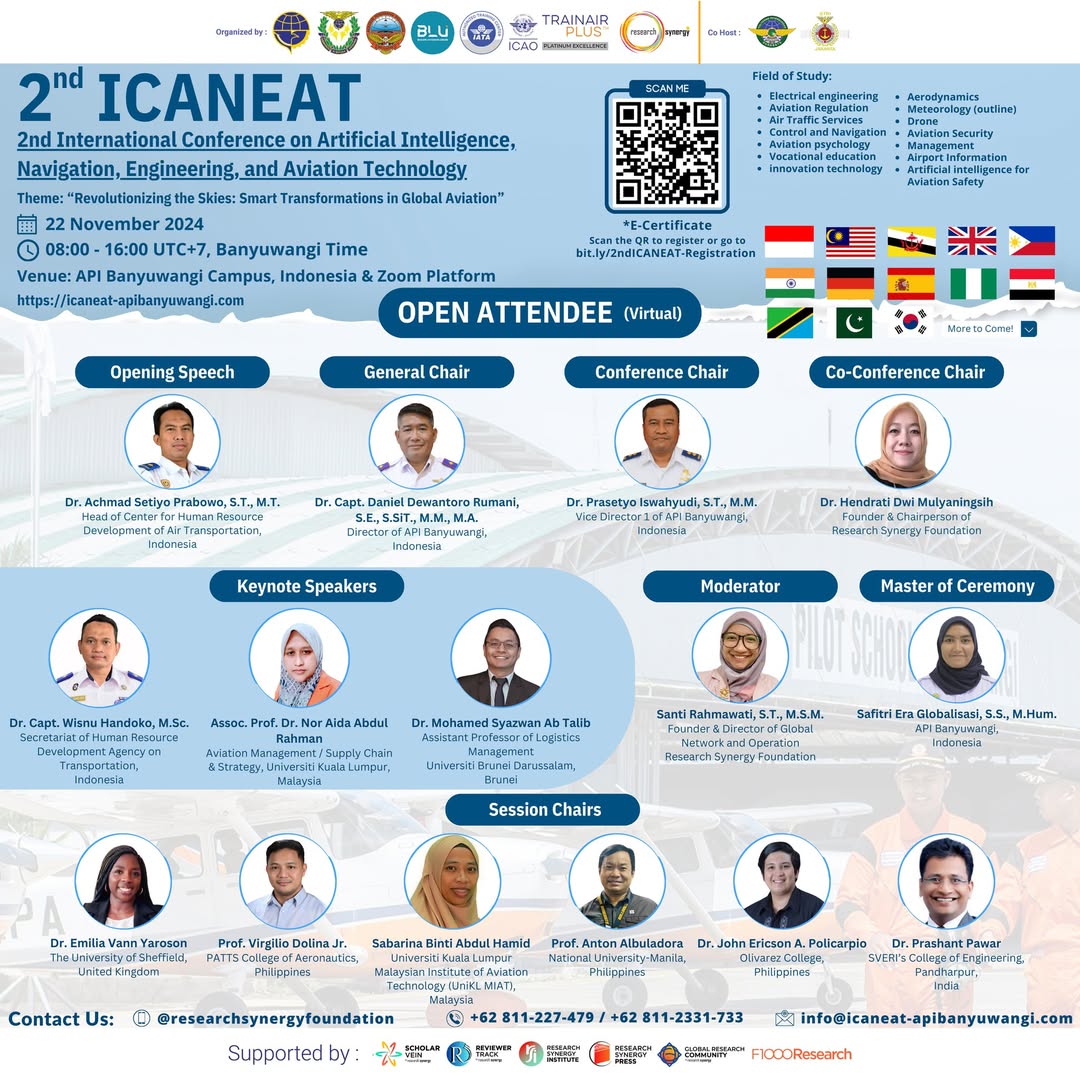The Impact of Compensation in Mediating the Effect of Independent Training on Teacher Performance at SMP Negeri 1 Pintu Rime Gayo, Bener Meriah
Keywords:
Self-Training, Compensation, Teacher PerformanceAbstract
Improving the quality of education at the junior high school level is highly dependent on the performance of teachers as the main actors in the learning process. This study aims to analyze the effect of independent training on teacher performance, with compensation as an intervening variable at SMP Negeri 1 Pintu Rime Gayo, Bener Meriah Regency. This study uses a quantitative approach with Partial Least Squares (PLS) analysis. The population in this study is all teachers totaling 64 people, with saturated sampling techniques. The results of the study show that self-training has a positive and significant effect on compensation. In addition, self-training and compensation also have a positive and significant effect on teacher performance. Thus, compensation acts as an intervening variable that strengthens the relationship between independent training and teacher performance. This study recommends that schools encourage teacher self-training, as well as provide fair compensation to support continuous teacher performance improvement.
References
[1] Andayani, R., & Tirtayasa, T. (2019). Organizational Culture in Improving Employee Performance. Jakarta: Rajagrafindo Persada.
[2] Fauziah, R., & Dewi, N. S. (2020). Teacher Compensation and Job Satisfaction. Journal of Islamic Education Management, 8(1), 45–52.
[3] Maritasari, D. B., Setyosari, P., Kuswandi, D., & Praherdhiono, H. (2020). The effect of training and supervision on teacher performance through teacher competence as a mediating variable in primary schools. Universal Journal of Educational Research, 8(11), 105-112.
[4] Putri, R. H., & Sulastri, E. (2021). The Role of Independent Training in Improving Teacher Professionalism in the Digital Era. Journal of Educational Innovation, 9(2), 112–120.
[5] Robbins, S. P., & Judge, T. A. (2022). Organizational Behavior (18th ed.). Pearson Education.
[6] Sherly, S., Lie, D., Candra, V., Siallagan, D. M., & Sudirman, A. (2021). Interpretation of the effects of job satisfaction mediation on the effect of principal supervision and compensation on teacher performance. Journal of Educational Science and Technology, 7(1), 105-116.
[7] Singerin, S. (2021). The impact of academic supervision on teacher pedagogical competence and teacher performance: The role moderating by teacher efficacy. International Journal of Elementary Education, 5(3), 496-504.
[8] Siregar, A., & Nasution, T. (2023). The Relationship Between Compensation and Teacher Performance in the Post-Pandemic Period. Journal of Nusantara Education, 11(1), 89–96.
[9] Sudjana, N. (2022). Teacher Performance and Professionalism in Education. Bandung: Remaja Rosdakarya.
[10] Sugiyono. (2022). Quantitative, Qualitative, and R&D Research Methods.
[11] Zaelani, A., Gunawan, H., & Ramadhani, L. (2024). Organizational Culture: Concepts and Implementation in the World of Education. Yogyakarta: Deepublish.
Downloads
Published
Issue
Section
License
Copyright (c) 2025 Aunan, Sri Rahayu, Mesra B (Author)

This work is licensed under a Creative Commons Attribution-ShareAlike 4.0 International License.









